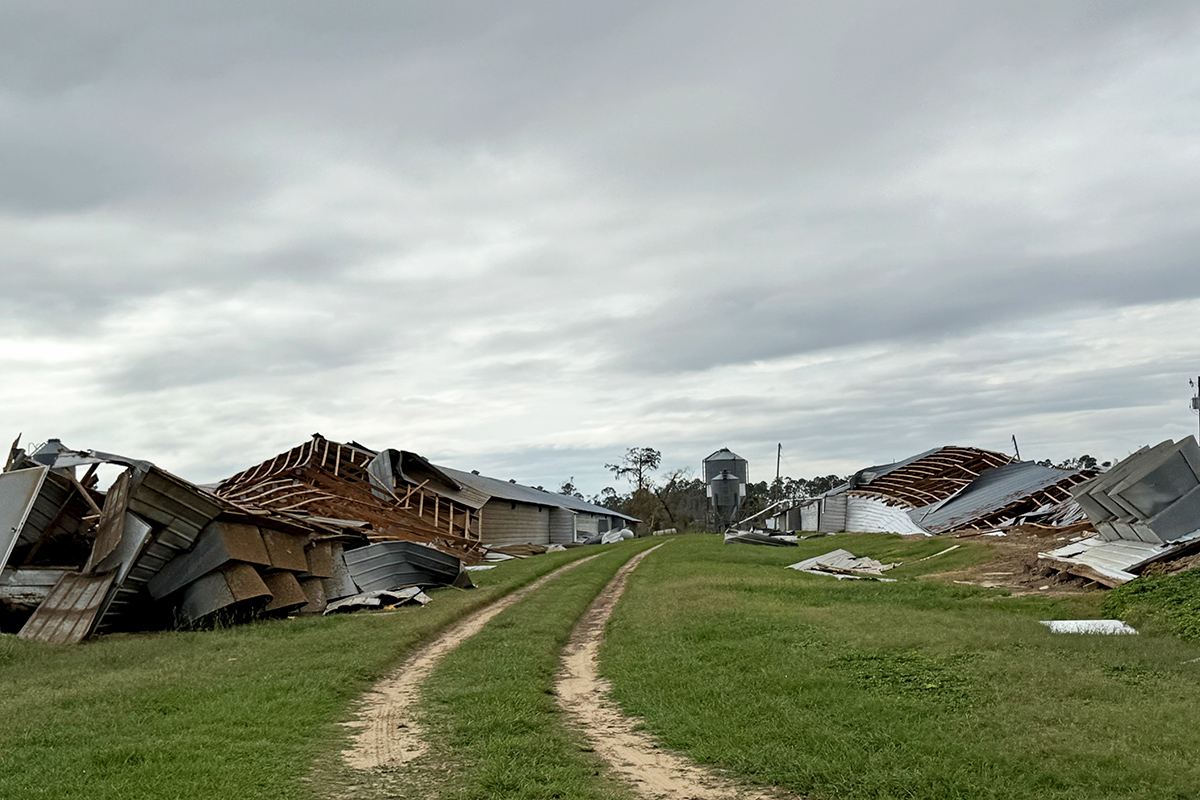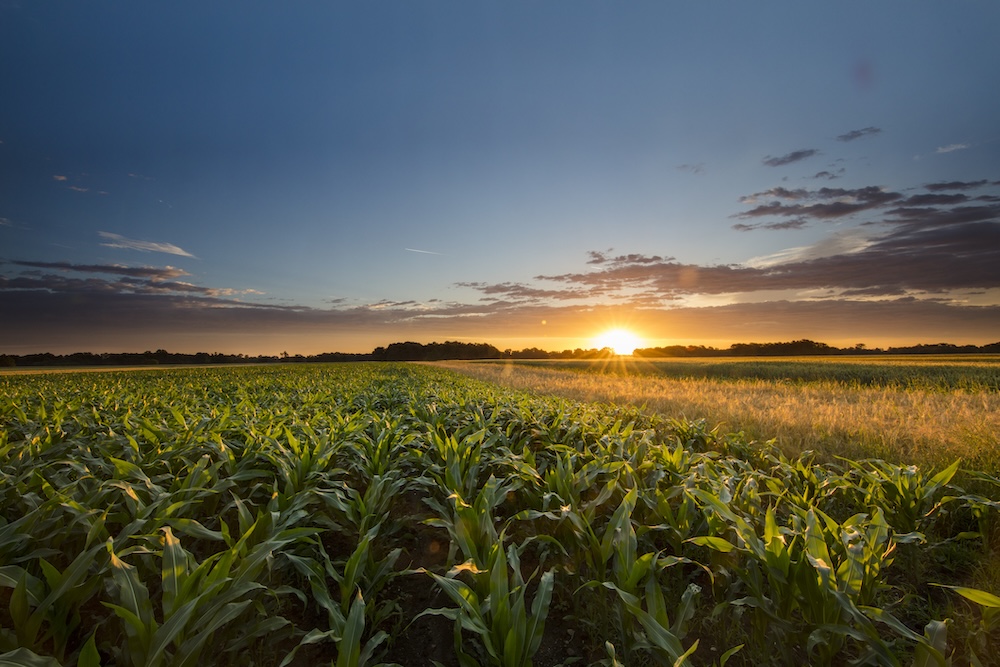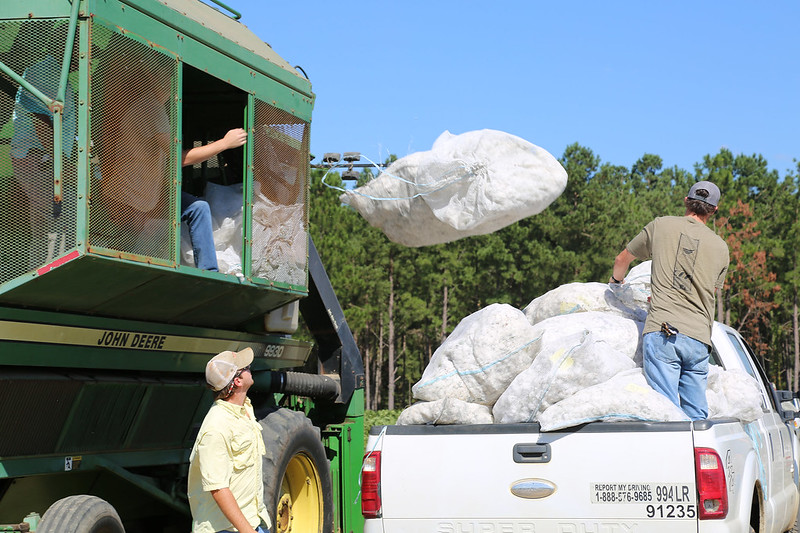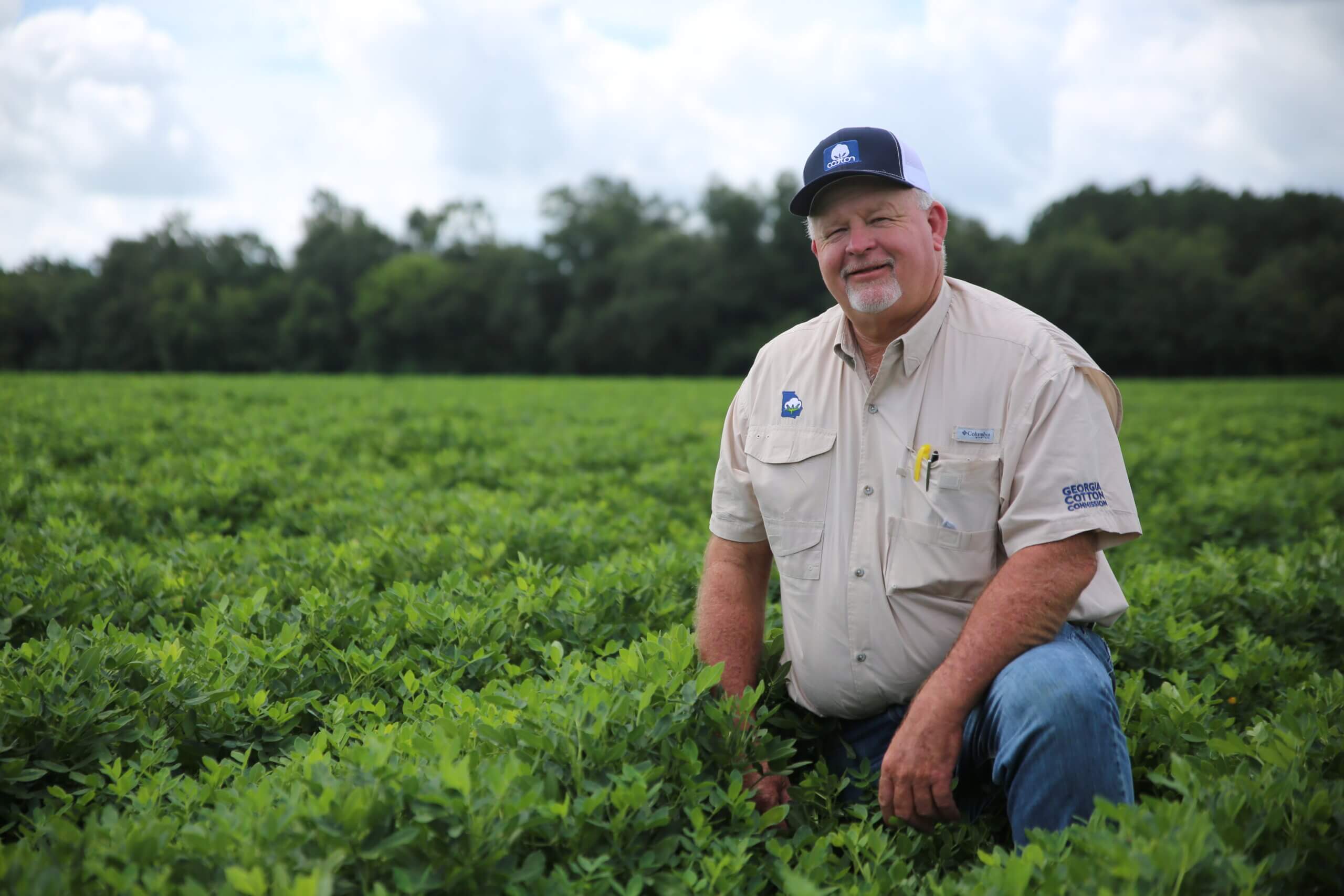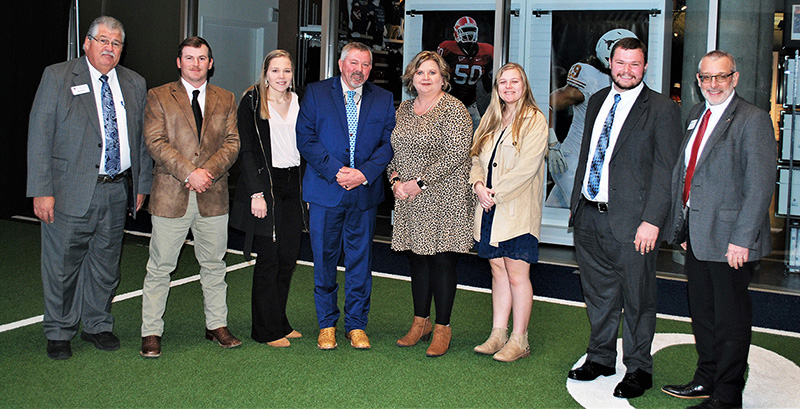 CAES News
CAES News
Listening Session
USDA Secretary Brooke Rollins visited UGA’s Iron Horse Farm for a listening session with Georgia agricultural leaders. Producers and commodity representatives shared concerns on disaster relief, labor shortages, trade and the future of farming. They also highlighted the vital role of CAES researchers and UGA Cooperative Extension in boosting efficiency, yields, and food safety, strengthening Georgia’s agricultural economy.


